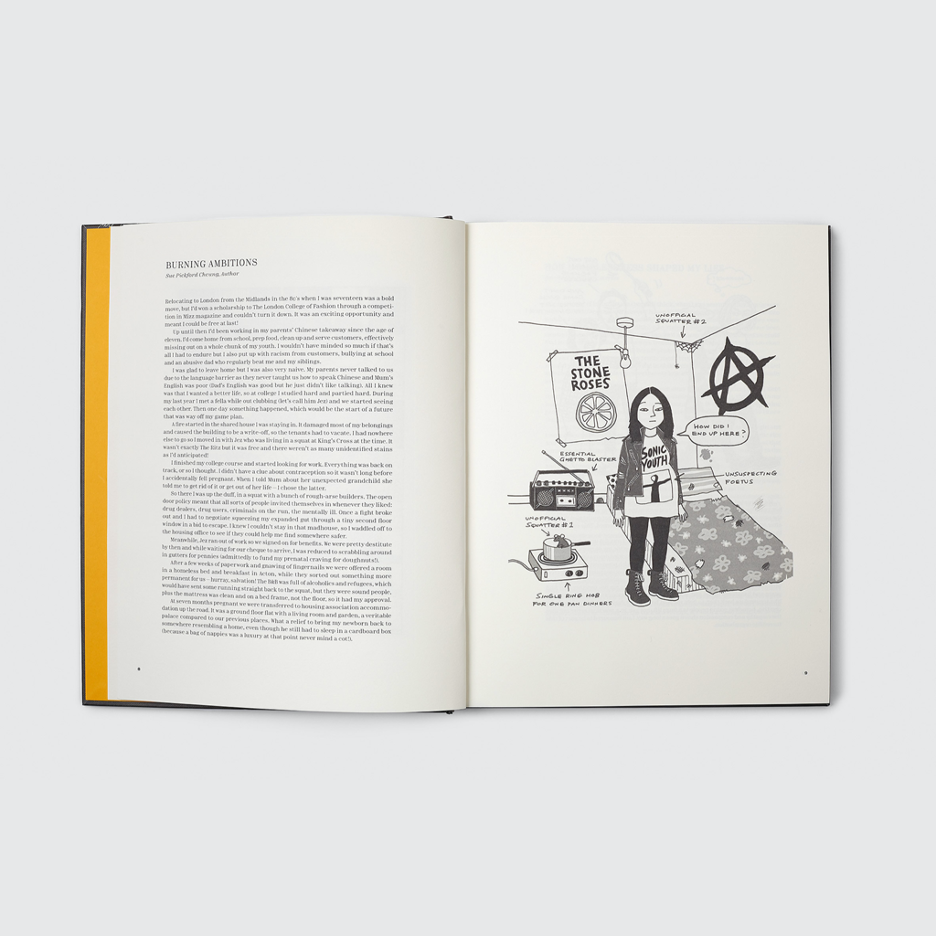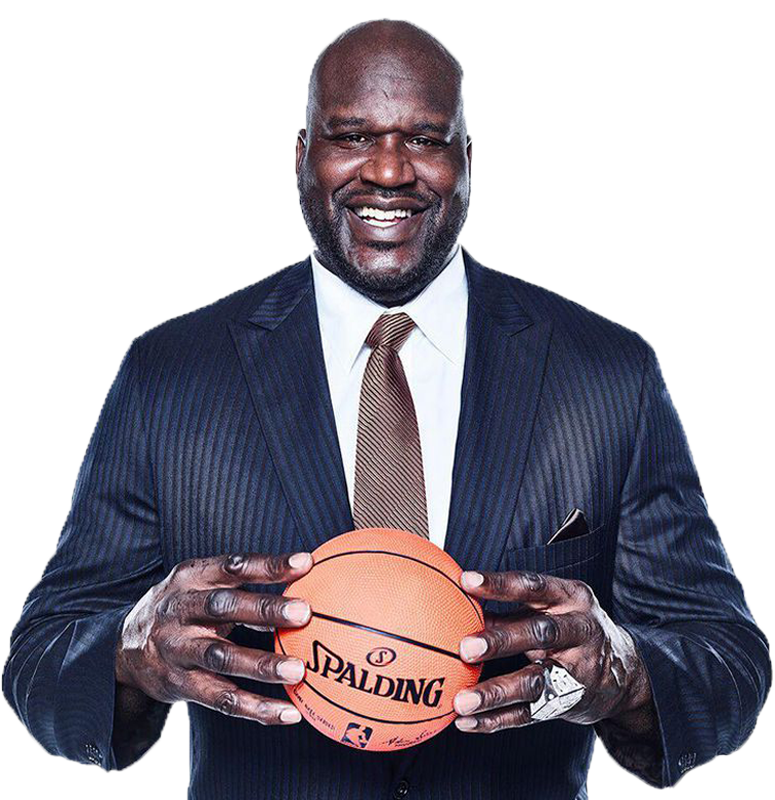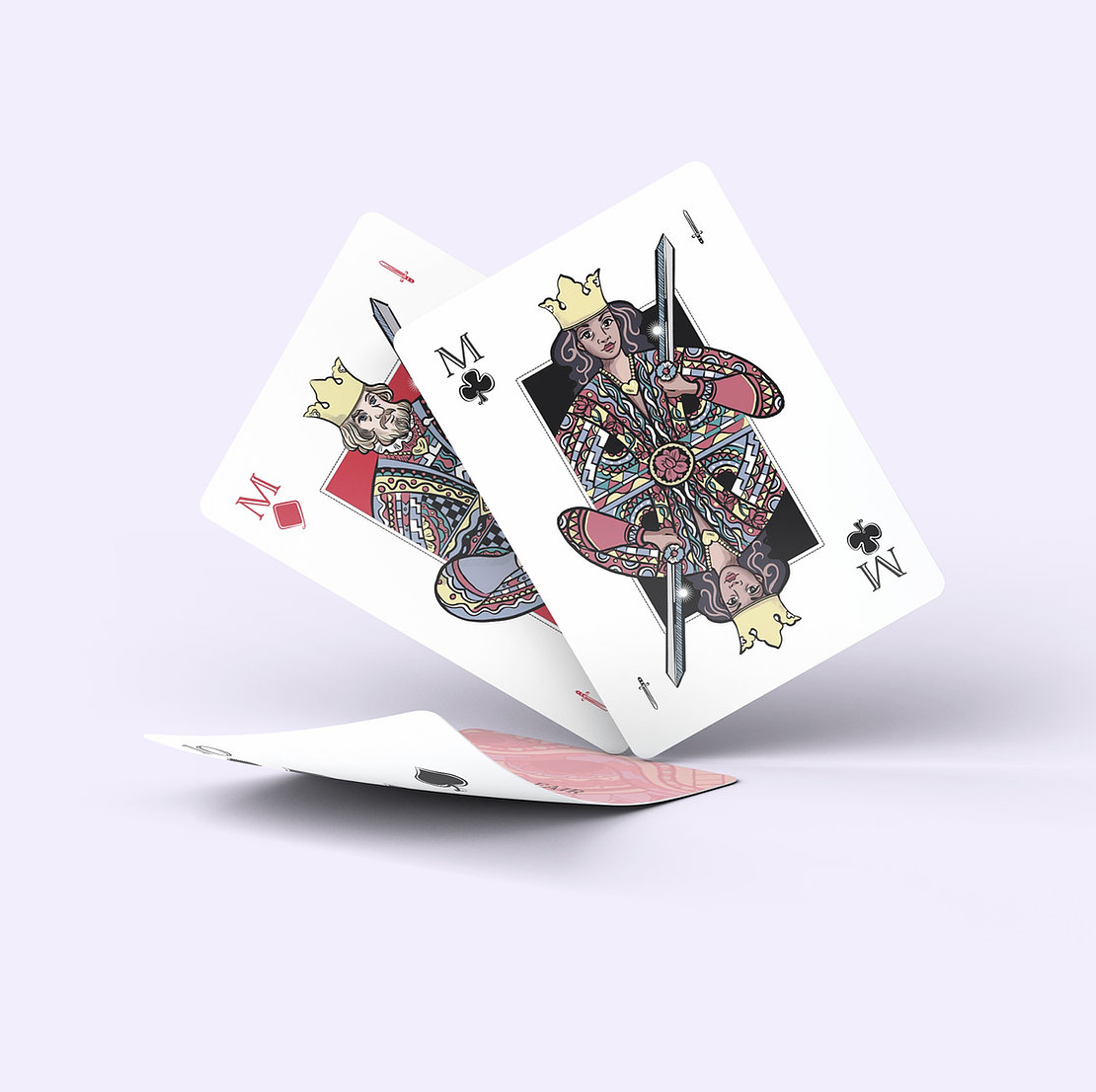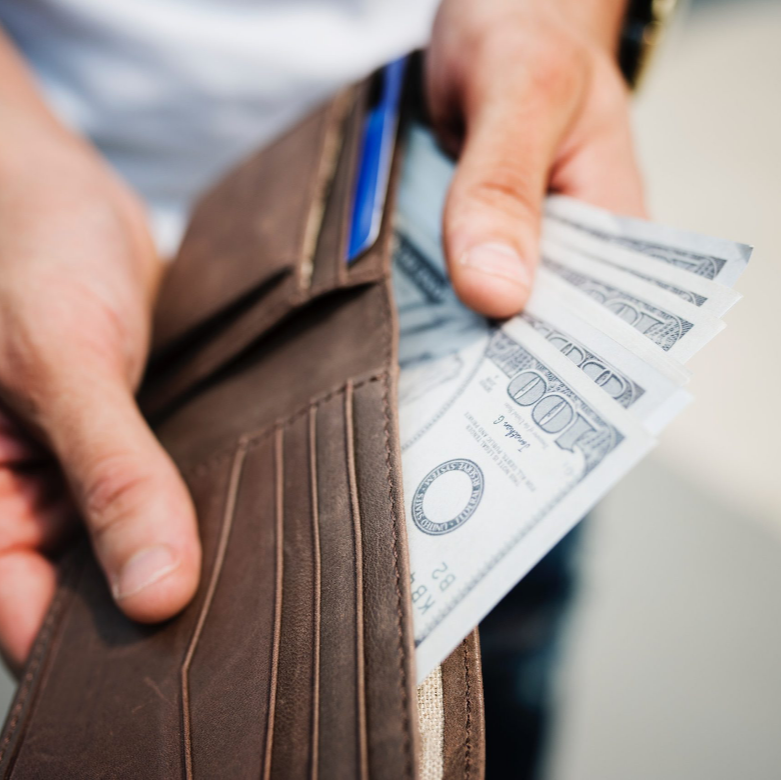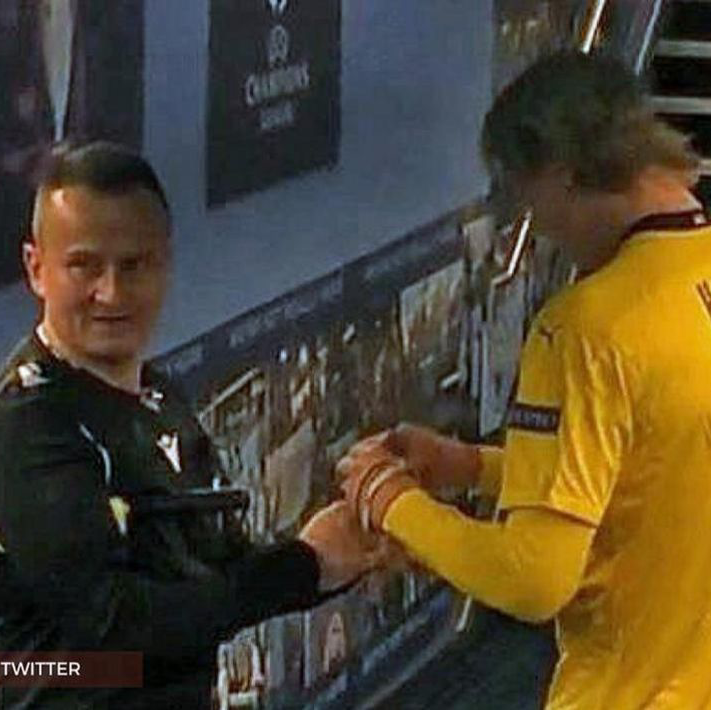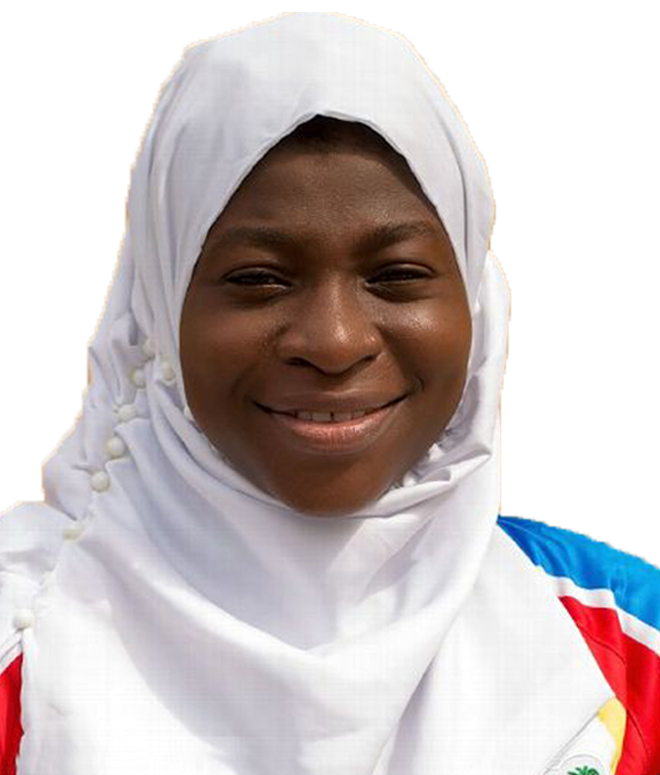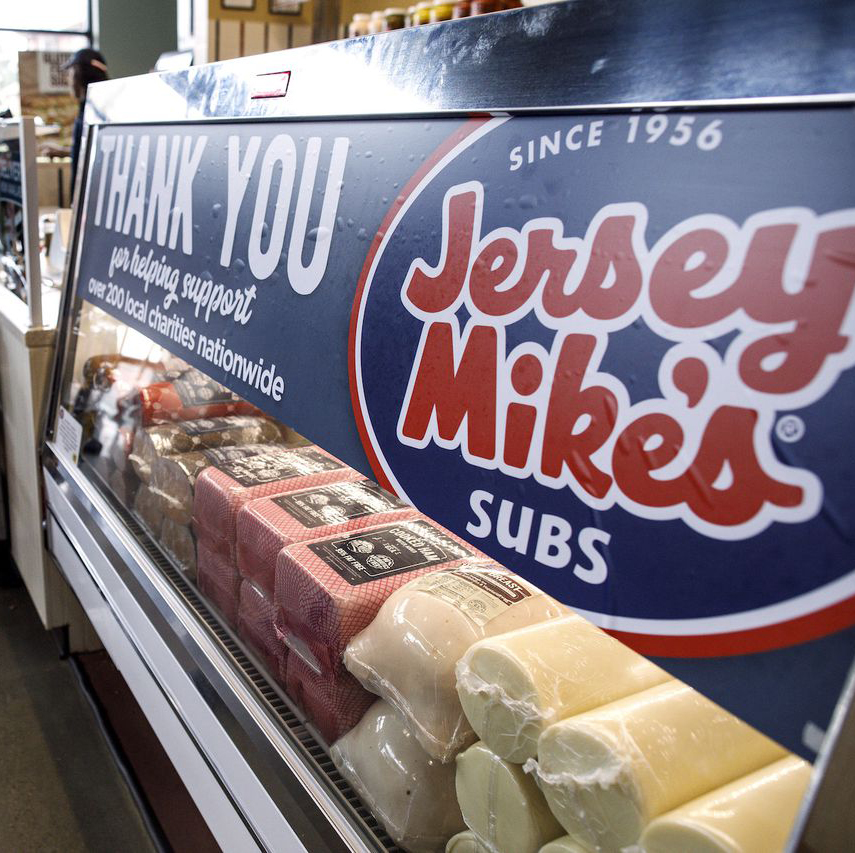Author: Kelly Brant
- London charity publishes pivotal graphic novel
- Without a job, a place to live, or any substantial financial support, the lives of homeless people are erased all too easily from our global narrative. How does one combat this? A London community organization believes that this involves getting homeless people pens and paper to share their stories. The Accumulate Art School for the Homeless has published, according to their website, “the world’s first ever graphic novel created by people affected by homelessness.” Released in October 2020, The Book of Homelessness is a 160-page anthology of poetry, collage, illustration, and personal essay co-authored by 18 different individuals who have experienced homelessness. Accumulate conducts fundraising work to provide creative workshops at eight different hostels across London. The charity’s origin story is as heartwarming as the services it provides. According to its website, Accumulate was established in 2013 when the North London YMCA hostel reached out to Marice Cumber, a founder of an arts festival in Crouch End. Cumber and young hostel residents agreed to plan an exhibition at Crouch End Festival to display the creative talent of those affected by homelessness. Cumber and fellow volunteers began the Preserves with a Purpose Project, making and selling jars of jam out of discarded fruit to pay for the creative workshops needed to prepare for the festival. The Accumulate Art School for the Homeless was born. The organization has now moved away from jam-making in favor of other independent fundraising work. Tutors and students at nearby Ravensbourne College head Accumulate’s art courses, providing instruction in photography, film, creative writing, and jewelry-making, amongst others creative pursuits. Encouraging art as a means of social and personal advancement for homeless people, Accumulate has awarded eight university scholarships since 2016. It is the hope that sales of The Book of Homelessness will fund a ninth. The Book of Homelessness comes out of a three-month course at Shoreditch’s Autograph Gallery. Providing uncut, raw, and candid portrayal of the human condition, the graphic novel gives voice to specific life experiences that are so often obscured by the catch-all “homeless” label. For this reason, The Book of Homelessness has received critical acclaim—notably from Academy Award-winning actor Colin Firth who, in a review on the book’s back cover, claims that “the fact that these beautiful, personal works are the expressions of our neighbours makes it untenable to ignore them ever again.” The book can be purchased on Accumulate’s website and is currently selling for £25.
- Shaquille Gets (and Gives) Another Ring
- Shaquille O’Neal, the 7’1” basketball great, has four championship rings. At Zales last week, he helped a stranger procure yet another ring, this time one for a proposal. The stranger had bought an engagement ring on layaway and was coming in to make a payment. Shaq retold the event to his fellow analysts on NBA on TNT, “I was in Zales, looking for some loop earings...I seen the guy coming in. He was just so shy. He was saying, ‘Hey, how much do I owe to pay off my ring?” He continued, “He was a young kid, hardworking guy.” O’Neal then asked how much the ring was. When the man replied, O’Neal said, “You know what? Tell your girlfriend I got it. Take care of her.” O’Neal then gave his credit card to the employee helping the young man and proceeded to paid for the ring. The man was unwilling to let O’Neal pay the ring off but O’Neal replied, “Don’t worry about it. I do it all the time. I’m just trying to make people smile. That’s all.” It is safe to say that Shaquille made this man more than happy.
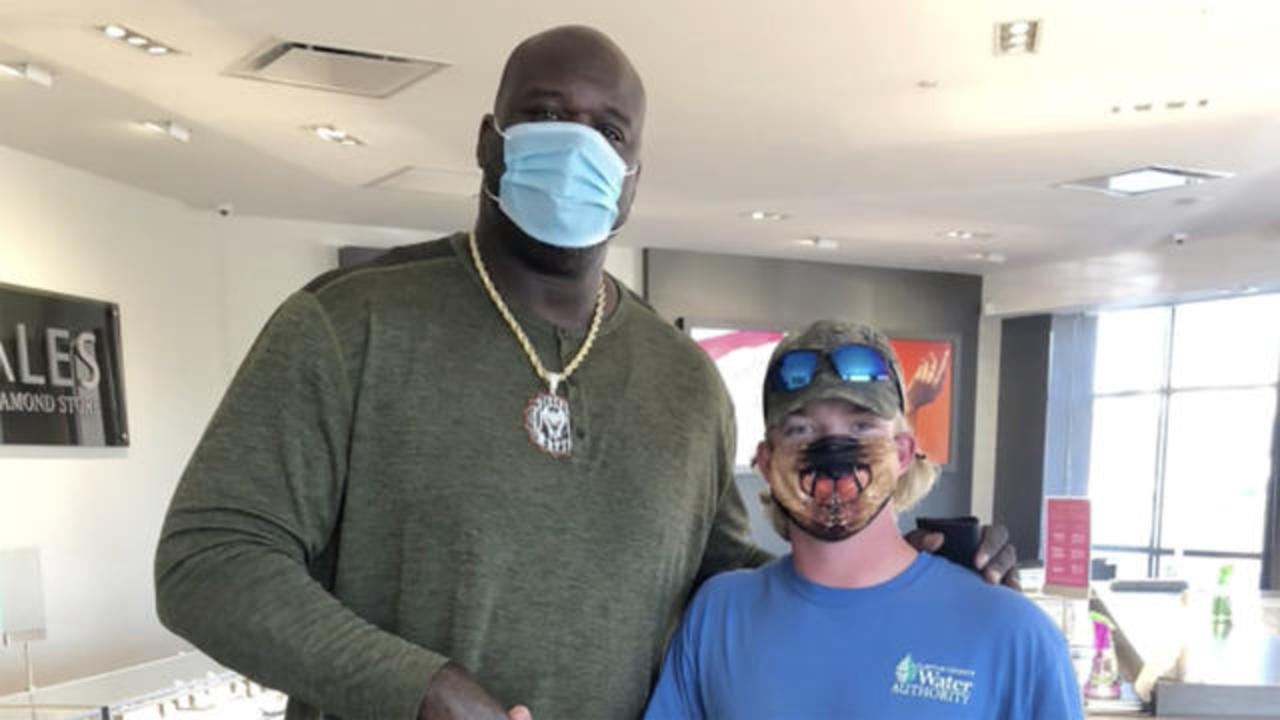 O’Neal truly does try to do something everyday to make people smile. That same week, he paid for the furniture that a lady and her autistic daughter were buying. He simply stated that he is “into making people happy.” Whenever he leaves the house, he just tries to do a good deed. He does not act in this way for the recognition and had no intention of his actions getting out. He stated, “I don’t do it for that.” It is likely if the video of the incident did not end up on social media, nobody else would have known. Shaquille has been known to engage in random acts of kindness constantly. To him, it is easy to make people’s days. What he may not realize, however, is the effect that his compassion and generosity has on others. To him, it may just be a ring or a couch, but to others, it represents so much more. He is perpetuating the cycle of being kind to others just for the sake of being kind. And if there is anything this world needs more of, it's just that.
O’Neal truly does try to do something everyday to make people smile. That same week, he paid for the furniture that a lady and her autistic daughter were buying. He simply stated that he is “into making people happy.” Whenever he leaves the house, he just tries to do a good deed. He does not act in this way for the recognition and had no intention of his actions getting out. He stated, “I don’t do it for that.” It is likely if the video of the incident did not end up on social media, nobody else would have known. Shaquille has been known to engage in random acts of kindness constantly. To him, it is easy to make people’s days. What he may not realize, however, is the effect that his compassion and generosity has on others. To him, it may just be a ring or a couch, but to others, it represents so much more. He is perpetuating the cycle of being kind to others just for the sake of being kind. And if there is anything this world needs more of, it's just that.
- Teen designs first gender-balanced and ethnically diverse playing cards
- When you pick up a deck of cards to play a game of Go-Fish, you probably aren’t thinking about how those playing cards enable systemic gender inequality. However, Israeli 16-year-old Maayan Segal saw playing cards as a striking example of sexist norms from a young age, asking her father during a family game: “Why is the queen card worth less than the king?”. Maayan decided to take instant action. She headed to the drafting board and created the first-ever gender-balanced deck of cards. Maayan branded the deck with the name “Queeng”—a gender-balanced combination of “queen” and “king.” Her project has been immensely successful, garnering coverage from CNN, USA Today, and The Jerusalem Posti. Maayan has sold over 50,000 decks in one year, amassing more than a half million dollars from backers who invested in the first edition of the cards. Maayan began hearing feedback that Queeng was not totally representative of global diversity. She realized she needed to revise the cards’ design to be more ethnically diverse because, according to Queeng’s website, “if we are going to give these cards to kids to hold in their hands and play with, don’t we want them to see an accurate depiction of the world?!”. Queeng’s second edition was born; Maayan introduced a variety of new skin tones and facial features to the deck, aiming to supplement the already-existing gender inclusivity with a more ethnically diverse design. You may be wondering: this sounds beautiful in theory, but are these cards actually functional in a basic card game? With her entrepreneurial brilliance, Maayan’s alterations do indeed work seamlessly in all games played with a traditional deck of cards. Queeng’s second edition, which hit the market in March, replaces Kings with male and female “monarchs” (marked with the letter “M” on the card). In place of Queens, Maayan introduced “dukes” and “duchesses” (marked with the letter “D”). Finally, Maayan removed Jacks from the deck, replacing them with “princes” and “princesses” (marked with the letter “P”). So, yes—while playing with a Queengs deck, a game will still have a winner. Just without the harmful gender stereotypes. Read more about Maayan’s cards—and buy some for yourself—on her website.
- Man Returns Lost Wallet Containing $10k And Receives a Sweet Reward
- When Michael King left his wallet containing $10k on his bumper, he never could have imagined someone would find it, return it, and expect nothing in return. King had just taken money out from the bank to cover a business debt. “I just took the withdrawal that day, and I don’t know what compelled me to leave it on the bumper of the truck,” King told the Seattle Times. Luckily for King, Steve Harrison, a Washington state native, was the one to find his lost property. Harrison, who was driving in the opposite direction, noticed something floating in the breeze and quickly realized it was cash. He pulled over and snatched it all up, finding King’s wallet in the process.
 His first order of business after finding the wallet containing a total sum of $10,003 was to return it to the rightful owner.
“I never took seriously the notion of keeping it,” Harrison told the Seattle Times. “It’s just simpler to do the right thing. Once I realized that there was an ID involved, I knew I would return the money.”
After the two arranged a meeting, King realized he was unable to offer Harrison a financial reward. Instead, King brought along a jar of homemade applesauce, one that was made with love by his family.
King’s culinary gifts to Harrison aren’t stopping there. He has also promised to share some home-smoked salmon, homemade blueberry jam, along with other sweet treats.
“I am just flabbergasted that it didn’t get picked up by somebody else. It would have crippled us to have that amount of money disappear,” King says of his gratitude towards Harrison.
Though some people might be a bit let down by the lack of financial reward for such an amazing act of honesty, King’s gifts are sure to leave Harrison with a sweet taste in his mouth and remind him just how meaningful his actions were.
His first order of business after finding the wallet containing a total sum of $10,003 was to return it to the rightful owner.
“I never took seriously the notion of keeping it,” Harrison told the Seattle Times. “It’s just simpler to do the right thing. Once I realized that there was an ID involved, I knew I would return the money.”
After the two arranged a meeting, King realized he was unable to offer Harrison a financial reward. Instead, King brought along a jar of homemade applesauce, one that was made with love by his family.
King’s culinary gifts to Harrison aren’t stopping there. He has also promised to share some home-smoked salmon, homemade blueberry jam, along with other sweet treats.
“I am just flabbergasted that it didn’t get picked up by somebody else. It would have crippled us to have that amount of money disappear,” King says of his gratitude towards Harrison.
Though some people might be a bit let down by the lack of financial reward for such an amazing act of honesty, King’s gifts are sure to leave Harrison with a sweet taste in his mouth and remind him just how meaningful his actions were.
- Vaccines on wheels
- Access to the COVID-19 vaccine has dominated the national conversation, where there has been considerable debate over the systemic inequities embedded in the country’s inoculation. Much of the American population faces considerable hurdles to getting a shot (no pun intended) at protecting themselves and their communities; this is often due to homelessness, debilitating illness, geographical location, or personal questioning about whether or not to get the vaccine. A California county has deployed a mobile vaccination unit to reach these specific groups of people who face complications in securing a vaccine. Marin County’s mobile vaccine teams which (as of the beginning of April) have delivered 8,000 shots since mid-December. Marin County’s mobile vaccine squad has two teams. One is headed by nurses and EMTs who primarily target homeless shelters and low-income/long-term senior housing. The other team exclusively does home visits. This is particularly crucial for homebound residents, who are able to get the shot at their door during a time when they may have no other alternative form of access. Despite the fact that Marin County boasts an impressive median household income of $115,000, economic inequality still looms. For this reason, the mobile vaccination program combed through census data for the area to identify specific residential spaces where people may have the most difficulties receiving a vaccine. Amongst the demographics that the vaccination teams took into account were age, race, and poverty levels. Quoted in a Bloomberg.com article, Linda Dobra, who heads one of the vaccine teams, emphasizes that “It’s all the logistics that go into planning and consenting and observing and set-up that takes time.” However, statistics speak for the mobile vaccine teams’ tireless logistical efforts to protect the communities lying in Marin’s 830 square miles; as of early April, almost 59% of the county’s over-16 population and 81% of its over-65 population have at least one dose, best for third amongst California’s 58 counties.
- Starbucks Baristas Really Do Deliver
- In August 2002, Griffin Baron delivered Jonathan Celner in the bathroom at the Starbucks in Wilmette, Illinois. On that day 18 years ago, Baron had sold Celner’s mother, Lisabeth Rohlck, a bottle of water before she went to use the restroom. He then heard high-pitched screams coming from the bathroom and yells to call 911. He recalls thinking, “I’m 21. I know nothing about delivering babies. All I knew was you get hot towels, because that’s what you see in movies. When asked about the event he said, “I opened the bathroom door, and I see a customer huffing and puffing and a baby is coming out.” He sprung into action and did what he could to make Lisabeth comfortable and aided her in delivering her baby. Minutes after he helped deliver Jonathan, EMTs arrived and took Lisabeth and Jonathan to the hospital. Baron never saw either of them again. He did think about them, however. According to Baron, “I thought about him constantly...What type of person he turned out to be, if he was a funny little kid.... Recently, Baron searched for Lisabeth on social media and found out that she died of breast cancer in 2012. Further, he also saw that Jonathan’s father, Thomas Celner, died in 2020. On the family’s GoFundMe page, Baron left a comment that read, “I’m the barista that was there when Jonathan was born, and I would love to be able to talk to him.” Jonathan’s aunt reached out soon after. On March 21, Jonathan and Griffin met for coffee at the store where Jonathan was born. Jonathan was happy to meet Griffin, especially because it reminded him of his mom who was “an amazing, tough person.” Starbucks takes customer service to a whole nother level and sometimes, as in Jonathan’s case, you really are a lifelong customer.
- Soccer referee auctions Haaland autographed cards to raise money for autism charity
- After a soccer match between Manchester City and Borussia Dortmund, the play that had fans shocked did not occur during the game. Instead, the attention was directed at referee Octavian Sovre for asking Dortmund star Erling Haaland to autograph his red and yellow cards. But a statement from a Romanian therapy center that helps autistic people reveals that there were some good intentions behind Octavian Sovre's eyebrow-raising move. The signed cards were donated to the SOS Autism Bihor center and Simona Zlibut, who oversees a therapy center set up by parents, said they will be auctioned later this month on Facebook. "The red and yellow signed cards which Octavian donated to our SOS Autism Bihor center will be used for a noble cause," Zlibut told The Guardian. Zlibut, who has a 21-year-old daughter with autism, says the center runs on donations. "The state gives me for my daughter 500 lei [$120.96] per month," Zlibut continued. "One cannot imagine what I can we do with this meager sum ... we, parents, rely on donations, we auction skirts, photographs, autographs, whatever we get, to make up for the huge shortfall.” The center serves 30 autistic people below the age of 47, and to them, the money from the auction could change their lives. "My little girl doesn't know when to go to the bathroom, she cannot eat alone ... costs are enormous," Zlibut said. While the donation is praised by many, and is sure to help those at the autism center, there are many critics of Sovre’s act, including UEFA chief refereeing officer Roberto Rosetti, who wrote to refereeing teams after the exchange was caught on camera. "If you want to be respected as much as the players, why would you ask for their autograph or their shirt? Do they ask you for the same? This is simply unacceptable. This is a matter of dignity.” Despite the controversial nature of the autographs, there is no denying that the money they raise will go a long way, and the good intentions behind them are certainly to be praised.
- Nigerian athlete wins Taekwondo gold medal while eight months pregnant
- Aminat Idrees, 26, clinched several medals at the Nigerian National Sports Festival in the Mixed Poomsae category of Taekwondo. Idrees is eight months pregnant, but the Poomsae technique is a non-contact event that focuses on tactical moves simulating attack and defense. Idrees was representing Lagos State at the festival deemed Nigeria’s “local olympics,” and won gold in the pair poomsae, silver in the team poomsae, and bronze in the individual poomsae. She has won medals every year since 2012 in Taekwondo. “It’s such a privilege for me. I just decided to give it another try after training a couple of times… It feels really good,” Idrees told CNN. “Before I got pregnant, I have always enjoyed training, so it didn’t seem different with pregnancy,” Idrees continued. While many spectators took to Twitter to express their disapproval of Idrees competing in the sport so late in her pregnancy, others came to her defense, praising her technique and performance. "A lot of people don't understand what Taekwondo is actually about. I feel this is an avenue to educate people about this,” explained Idrees. “Taekwondo has two branches: the combat sport and Poomsae -- which is a form of exercise...just displaying the hand and leg techniques in Taekwondo. I participated in Poomsae event.” Idrees said that her doctor cleared her to participate in the non-contact sport. "It is easy for me because it is something I have been doing for over 18 years,” Idrees told ESPN. “My system has already adapted to it: That is why I could do that without stress; you should not try what you have not done before. Majorly, just follow doctor's advise." Idrees encouraged pregnant women to exercise so long as they consult their doctors first.
- One man’s trash, another man’s treasure
- A rare 15th-century porcelain bowl made in China recently sold at a Connecticut yard sale for just $35. It was then auctioned in March for around $722,000. The small cobalt blue-and-white floral bowl is about 6 inches in diameter. It features designs of lotus, peony, chrysanthemum, and pomegranate blossoms. The artifact, known as a “lotus bowl,” was originally commissioned by China’s imperial court during the Ming dynasty. The person who purchased the bowl from the yard sale is an antique aficionado who thought it could be very valuable. The buyer emailed information and photos to Sotheby’s asking for an evaluation. "It's always quite astounding to think that it kind of still happens, that these treasures can be discovered," said Angela McAteer, Sotheby's senior vice president and head of its Chinese Works of Art Department. "It's always really exciting for us as specialists when something we didn't even know existed here appears seemingly out of nowhere." Sotheby’s estimated that the bowl could be worth $300,000 to $500,000. The bowl garnered 15 bids, starting at $200,000 and concluding at $580,000. The final purchase price was $721,800, which included numerous fees. Sotheby’s specialists date the bowl to the era of the Yongle Emperor, who ruled from 1403 to 1424. The porcelain work of the era is described as “immediately recognizable, never surpassed, and defining the craft still in the eighteenth century.” It is unclear how the bowl made it to the yard sale, but it is likely that it could have been passed down for generations in a family that was unaware of its value. While only six other similar bowls are known to exist in the world, this is the only one found in the United States. The majority of the others are housed in museums all over the globe, from Taipei to London.
- Jersey Mike’s Subs raises record amount during annual ‘Month of Giving’
- Each March, Jersey Mike’s invites customers to order food and donate to a local charity partner during the sandwich shop’s ‘Month of Giving.’ The effort culminates on March 31, where 100% of sales from the day are donated to charity. The company was hoping to hit a goal of $8 million this year, and far exceeded it. The $15 million raised this year is more than double the $7.3 million raised in 2019. During the month of March, customers are asked at the register if they would like to donate. They are then given coupons or free sandwiches, depending on the amount donated. According to the company, this year’s results are especially meaningful since 2020’s efforts were cancelled due to the pandemic. “We really hoped to do well this year after the disappointment of having to cancel last year’s Day of Giving, and the outpouring of support from across the country is truly inspiring,” Peter Cancro, Jersey Mike’s founder & CEO, said in a press release. “We are filled with gratitude and admiration for our customers, franchise owners, and team members who have helped these charities in such a big way, now, when they need it more than ever.” Cancro opened his first sub shop at just age 17. He credits two local businessmen in Point Pleasant Beach, New Jersey, where he grew up, with teaching him the importance of giving to others. “Giving...making a difference in someone’s life” has been the company’s mission ever since. Since the company’s Month of Giving began in 2011, Jersey Mike’s Subs has raised more than $47 million for local charities, including hospitals, youth organizations, food banks and more.
